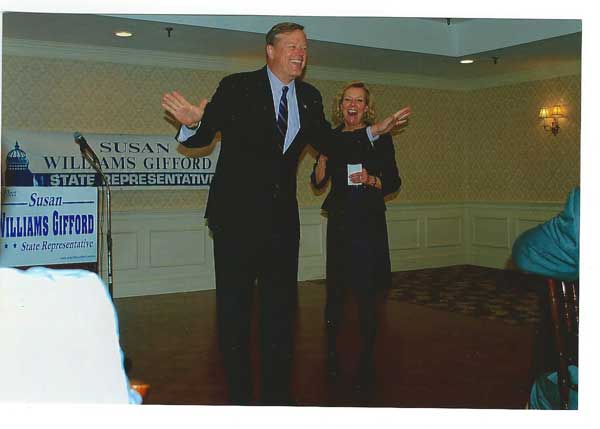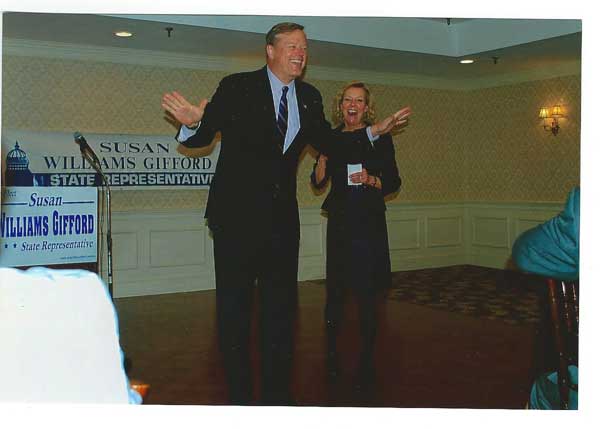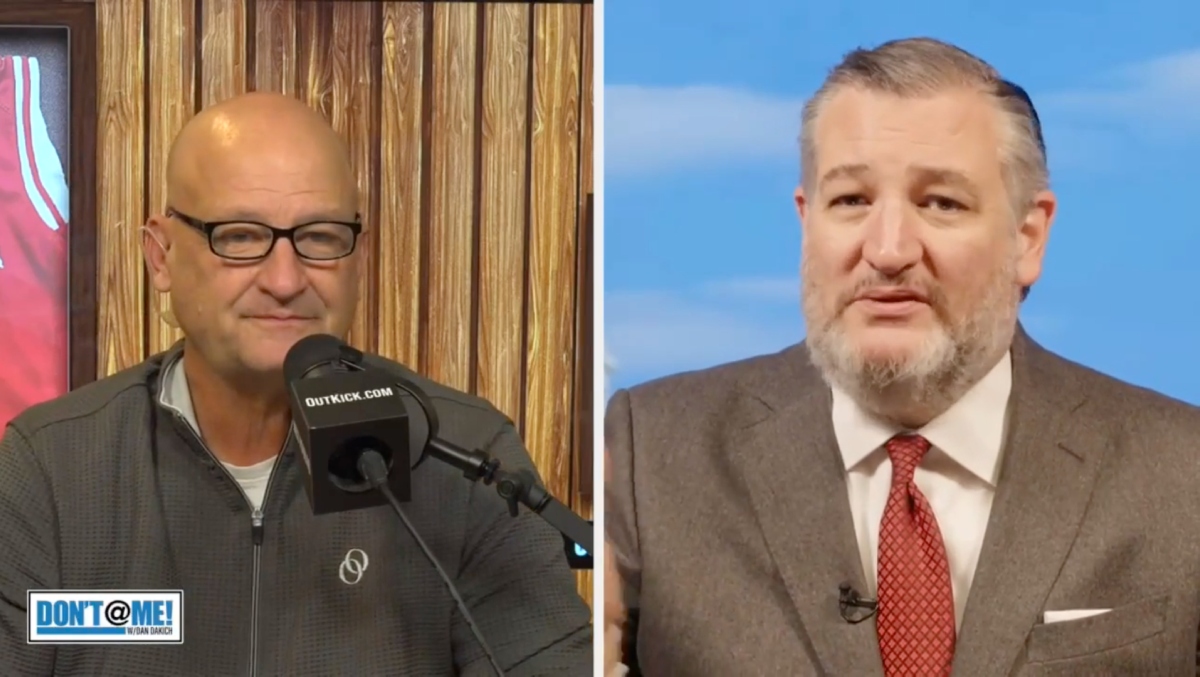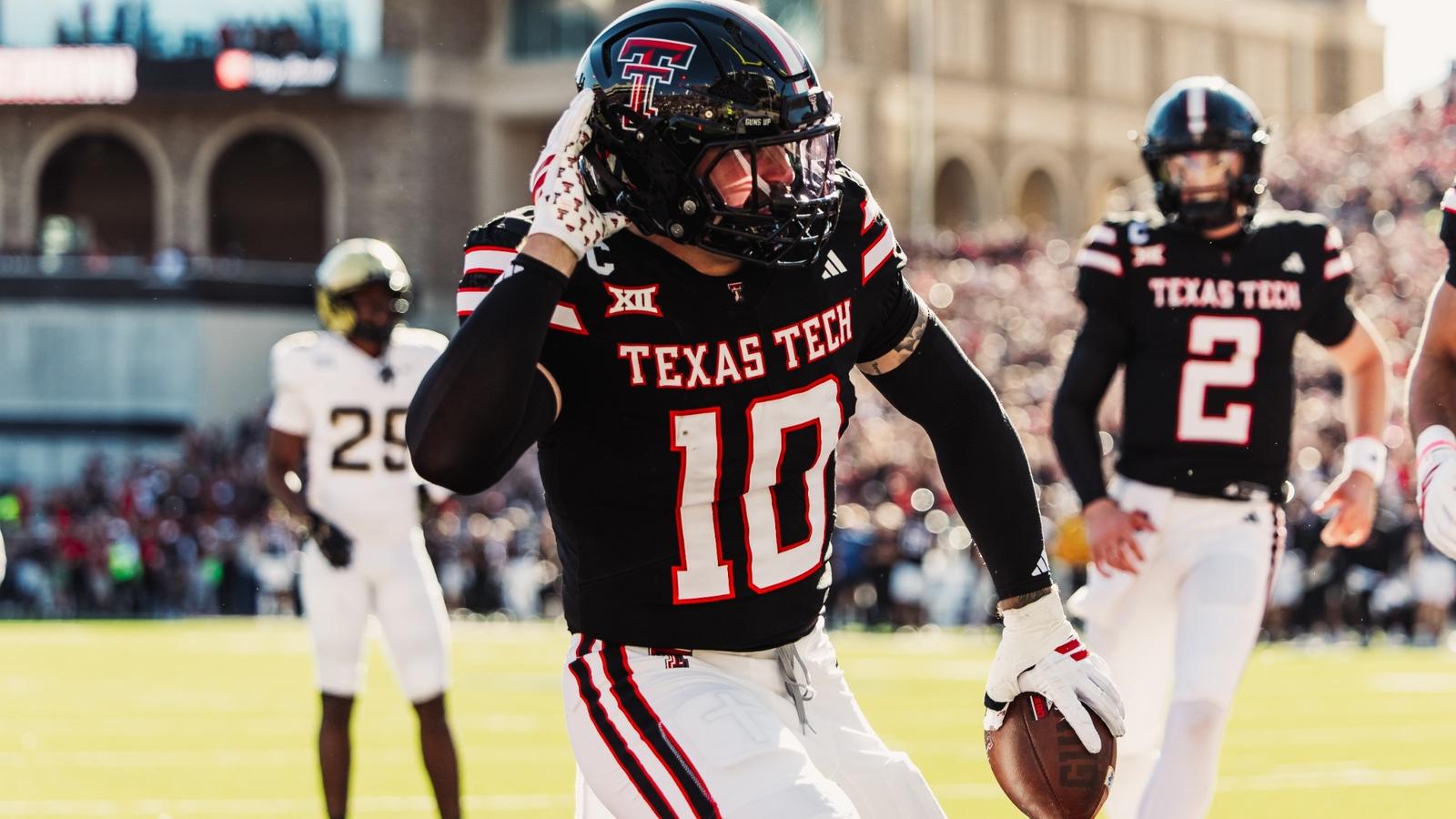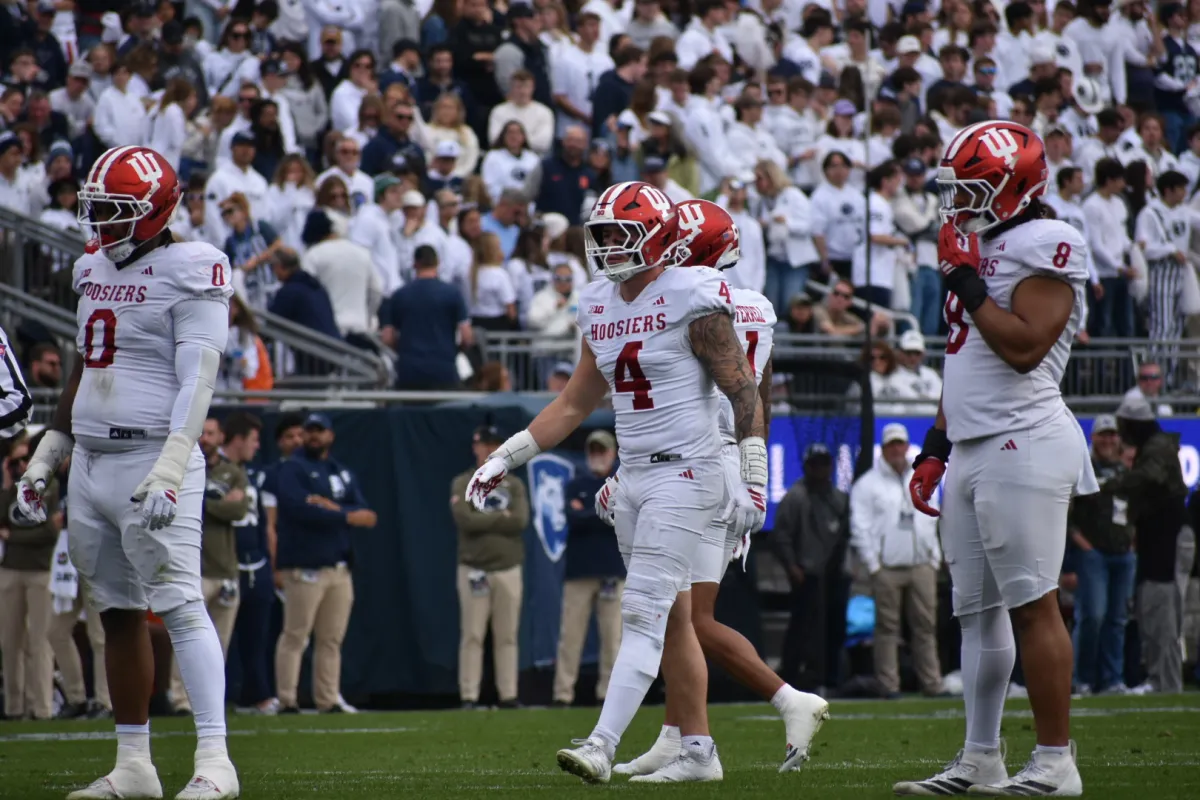The college sports landscape is undergoing a makeover of historic proportions, and NCAA president Charlie Baker is at the center of the action.
In a recent telephone interview with the Globe, the former Massachusetts governor shared his perspectives and offered updates on a number of topics.
His responses have been lightly edited for clarity and brevity.
On the uncertainty in college sports revolving around revenue sharing, NIL, the transfer portal, and federal oversight:
“There’s just so much uncertainty around the construct of college sports that it does make it challenging for people to plan. It makes it hard for people to sort of figure out what the dynamic of the governing environment, both from a legal point of view and from an NCAA and a conference point of view, is going to look like.
“There’s just a lot of stuff going on, and because there’s a lot of stuff going on, it just makes this a challenging time for a lot of folks and any uncertainty associated with a lot of it is equally challenging, right? To the extent we can create certainty, we’re trying to do that. I think the settlement, if the judge approves it, will create a lot of certainty about a bunch of things, and that will be good.”
On that pending House vs. NCAA settlement in the hands of a California federal judge that would provide a framework for redistributing $2.88 billion in revenues to past and current student-athletes, with the NCAA chipping in $1.2 billion:
“I wouldn’t have supported and worked hard on trying to get the settlement in place if I didn’t think it had the potential to create a much-less-uncertain environment for student-athletes and for schools and for programs and for conferences.
“The settlement as envisioned does a few things that I think are pretty important. The first thing it does is it moves the center of NIL gravity away from third parties, who, for the most part, are not well known and not really accountable to anybody, they don’t have to register or report to anyone, and it creates a center of gravity that’s really around the school, and having the schools be the prime relationship around NIL, the athletic development piece, and the personal development piece all where it belongs.”

More about NIL:
“There will certainly continue to be a world for third parties [collectives], there’s no question about that, but there will be a structure now that they’ll actually have to go through. And one of the things that will be possible that we aren’t able to do now is, on an aggregate basis, people will be able to report, under the terms of that injunction, how much money people really are spending on [NIL] agreements. Because right now, there’s no way to validate what anybody says about anything, and I think that makes it possible for a lot of people to take advantage of the substantial data about what’s happened. I think that puts kids, families, and schools and others in kind of a complicated position. So, part of the value of the settlement is rules, structure, transparency, accountability, and a certain amount of predictability that we don’t have. Now, I think those are all good things.”
What the NCAA is mostly seeking from Congress:
“One is to give us some kind of state preemption, because we have so many state laws now that are basically designed to create competitive advantages for the schools in their states. It’s not just an issue around a level playing field in NCAA conferences. There are maybe 40 states with different rules about all kinds of things. Money made from NIL isn’t taxable in some states, or you don’t have to comply with conference or NCAA rules. There’s some states where it’s more like an order that you not comply with conference or NCAA rules. I mean, it’s wild.”
On fighting efforts to allow for more years of eligibility from student-athletes:
“We have a lot of student-athletes looking for a fifth, a sixth, a seventh year — which they’re not getting from us or from their conferences or their schools — that are going to court to litigate that. We’re more than holding our own in a lot of these cases, and I think we’ve appealed every one we’ve lost at the preliminary injunction level. I think our arguments on this are pretty good when they get to the appellate level.”
“In sort of an odd way, this has helped us with our conversation with people in Congress, because we’ve had a number of folks we’ve talked to who have said, ‘That eligibility thing, I can see why you’re concerned about that one and why you might need some help from us to be able to set a standard around eligibility.’
“Because if you head down this road where you basically say the kids can play as many years as they want, you put a lot of roadblocks and barriers to the next generation of young people. It means you’re walking away from the academic calendar, which has always been the whole point behind the five years to play, and you also chip away at a lot of the rules and standards. You start to chip away a lot of the rules and standards we have around academics, which I think makes everybody very nervous, for all kinds of pretty good reasons. So, it’s one where a lot of people in Washington, both members of Congress and their staffs, have said, ‘Yeah, OK, I understand why that’s a problem and why you would be here to talk to us about that.’ ”
Michael Silverman can be reached at michael.silverman@globe.com.

